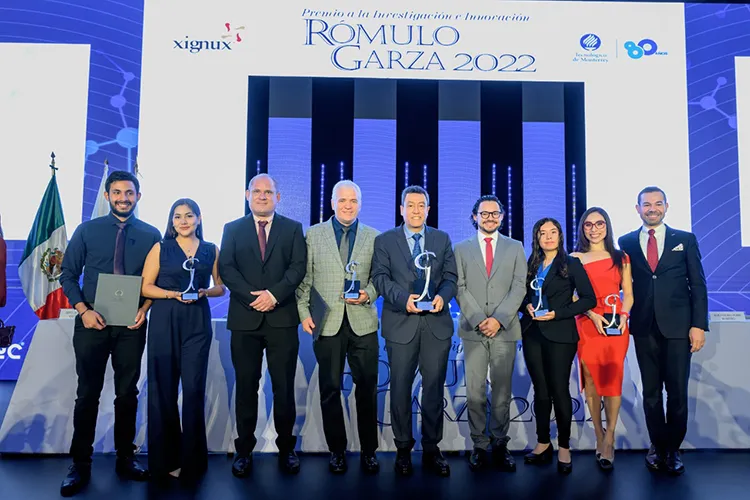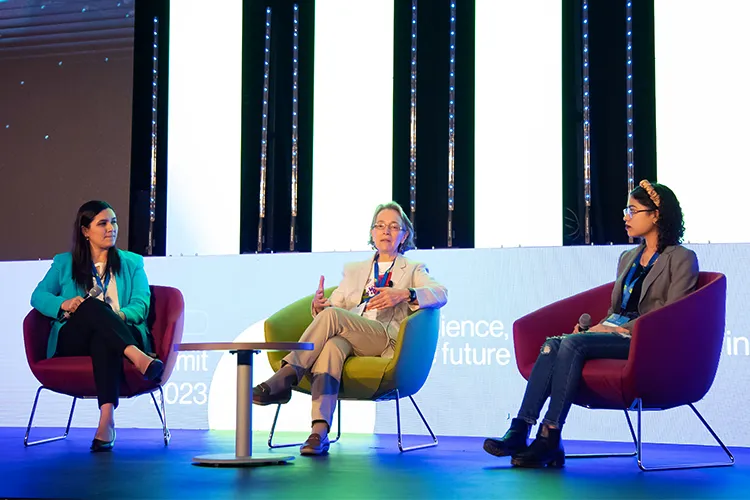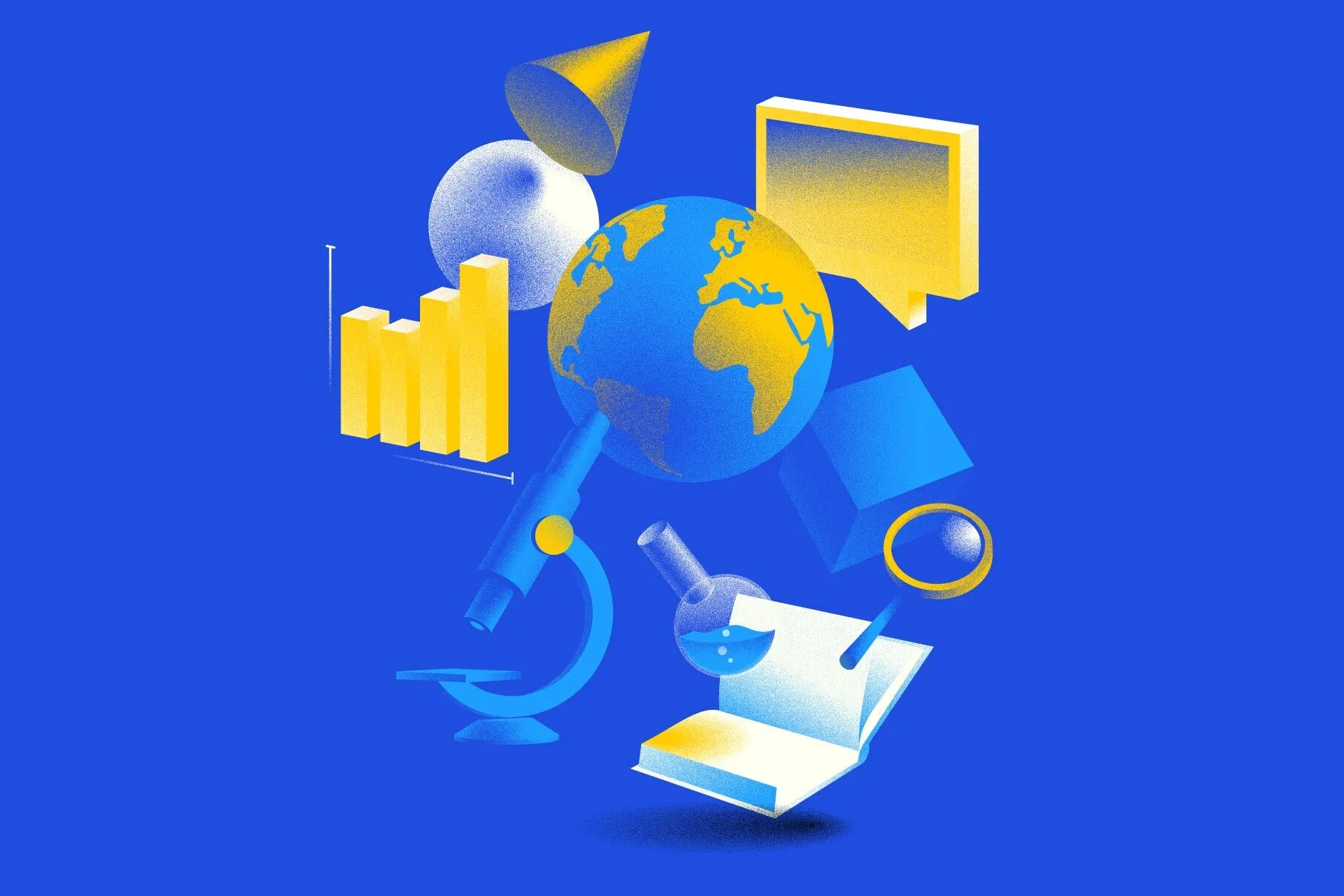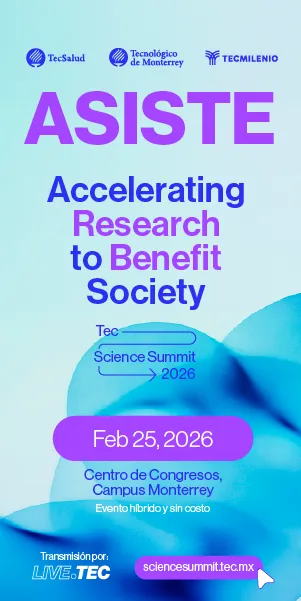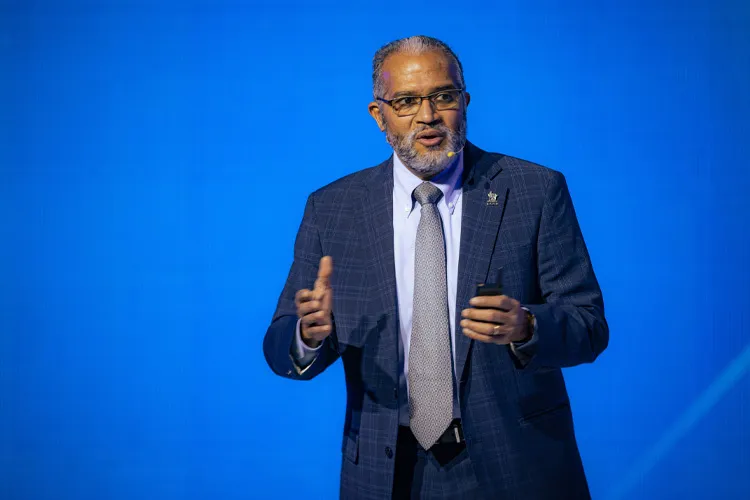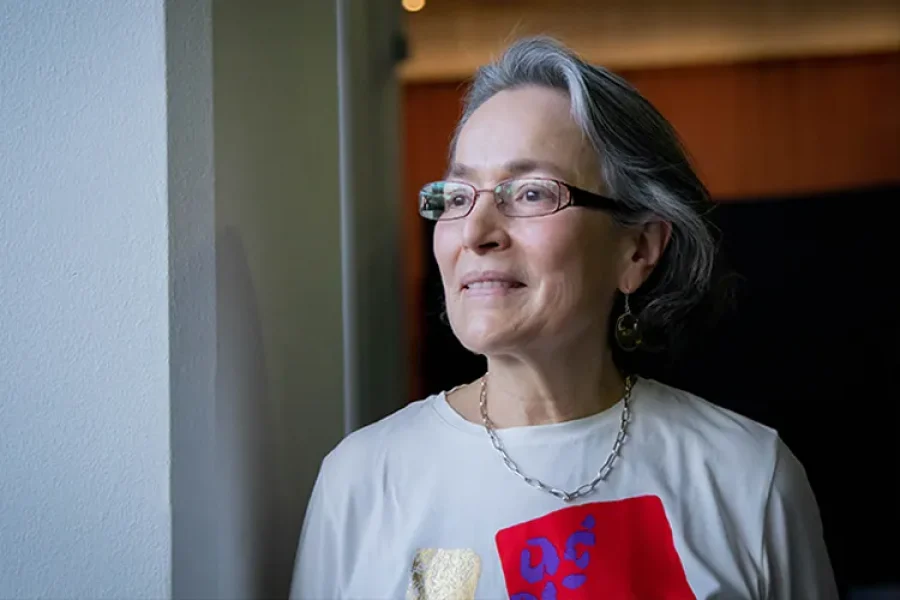Promoting scientific research is challenging in a country like Mexico, where less than 0.3% of the Gross Domestic Product (GDP) is destined to science and technology and the participation of the private sector is below 19%.
“I want to invite our researchers to connect more with the industry to learn what challenges we face in the future, which undoubtedly require their skills to be faced,” said David Garza, rector and executive president of Tec de Monterrey during the inauguration of the Tec Science Summit 2024.
According to him, achieving this collaboration is essential for the research carried out at Tec to reach the next level. An applied science, with a positive and tangible impact on the great problems humanity faces.
The institution’s commitment to research has strengthened over the years. Today, it has 710 researchers and an annual scientific production of 2,500 articles, where 50% of the publications are in collaboration with international institutions.
They also founded three research institutes: the Institute for Obesity Research (IOR), the Institute of Advanced Materials for Sustainable Manufacturing (IAMSM) and the Institute for the Future of Education (IFE).
Echoing this idea, Guillermo Torre, vicepresident of Research at Tec de Monterrey and rector at TecSalud, used the oriGen project as an example of how fruitful relationships between science and industry can be.
In order to save the voluminous information collected by it, oriGen partnered with the technology company Microsoft, and with the pharmaceutical company Regeneron, to be able to sequence part of the genomes of the 100,000 individuals that will be part of it.
“If we don’t approach the industry to solve concrete problems, the probability that we will do something with a significant impact is really going to be small,” Torre said.
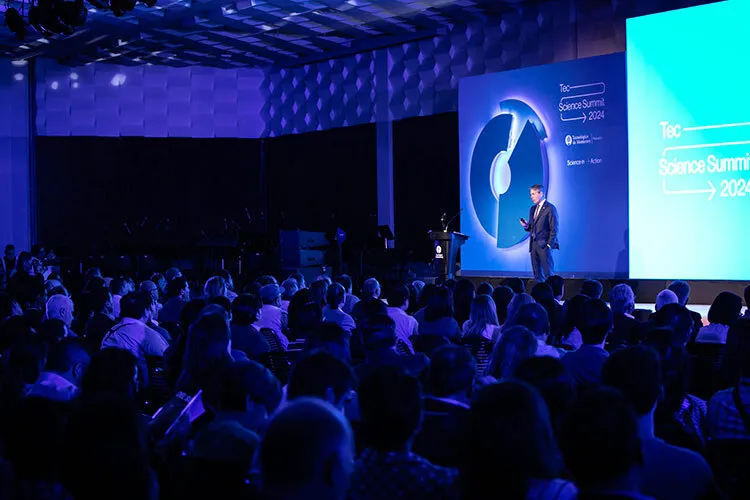
Artificial Intelligence in Scientific Research
The new edition of the Tec Science Summit −which has been held for 54 years, although it was previously called the Research and Development Congress (CID)− focused on the use of Artificial Intelligence (AI) in scientific research.
According to Torre, this technology will help with three fundamental aspects: trend analysis, prediction of results and complex simulations.
This interaction between AI and research has allowed applications such as the detection of diseases that are difficult to diagnose, finding more effective medications or creating environmentally friendly materials.
Its future applications are still unclear, but promising, Torre emphasized. However, for its use to truly reach its full potential, a research culture where creativity, persistence and interdisciplinarity are encouraged is needed.
Regarding the use that Tec de Monterrey will give to AI in research in the future, there are four main fields in which it seeks to apply it: education, health, data science and manufacturing processes.
“We want to continue training the best students, generating knowledge that expands that spark of entrepreneurship and creativity, in education we are really only going to achieve this with the spirit of creating knowledge through interdisciplinary science,” he concluded.

